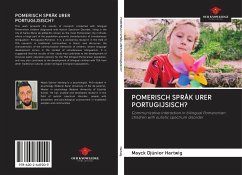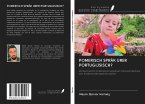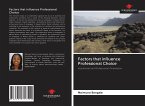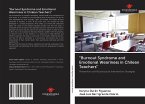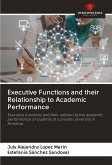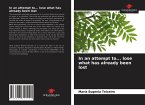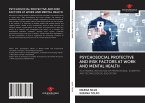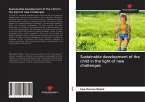This work presents the results of research conducted with bilingual Pomeranian children diagnosed with Autism Spectrum Disorder, living in the city of Santa Maria de Jetibá-ES, known as the most Pomeranian city in Brazil, where a large part of the population presents characteristics of simultaneous bilingualism: Portuguese-Pomeran. It is a pioneering research in the field of TEA research in traditional communities in Brazil, and discusses the characteristics of the communicative interaction of children, whose language development occurs in the context of simultaneous bilingualism. It is suggested that the results of this study may contribute to the development of inclusive public education policies for the TEA bilingual Pomeranian population, and may also contribute to the development of bilingual children with TEA from other traditional cultures and/or bilingual immigrant populations.
Hinweis: Dieser Artikel kann nur an eine deutsche Lieferadresse ausgeliefert werden.
Hinweis: Dieser Artikel kann nur an eine deutsche Lieferadresse ausgeliefert werden.

